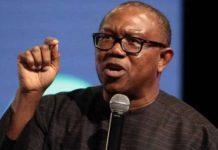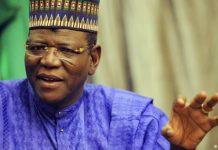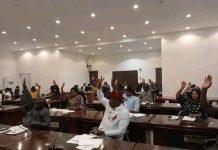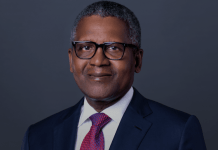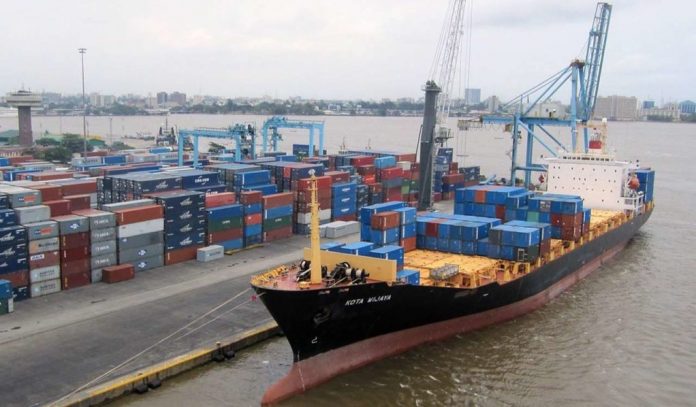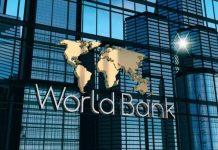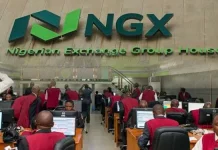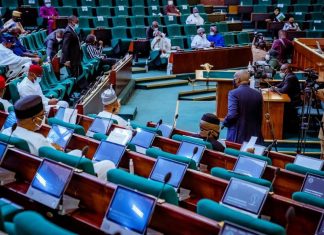“It is working to streamline its trade procedures, reduce trade-related costs, and shorten border wait times.” To entice FDI, the government offers a variety of incentives, including unrestricted profit repatriation.”
According to the report, 13 markets are expected to drive the majority of global trade growth.
Bangladesh, Hong Kong, India, Kenya, Mainland China, and Malaysia are among these markets. Nigeria, Saudi Arabia, Singapore, South Korea, the United Arab Emirate (UAE), and Vietnam are among the others.
The report, commissioned by Standard Chartered and prepared by PwC Singapore, is based on an analysis of historical trade data and projections through 2030, as well as insights from a survey of more than 500 global C-suite and senior executives.
Five key trends will reshape global trade, according to the report. Wider adoption of sustainable and fair-trade practices; a push for more inclusive participation; increased risk diversification; increased digitisation; and a rebalancing toward high-growth emerging markets are among them.
Read Also: Yakubu, the Chairman of INEC, provides crucial assurance on the Commission’s BVAS technology
“The next decade of growth will be driven by globalisation. Despite the recent push toward onshoring, future growth corridors will be global, spanning Africa-East Asia, ASEAN-South Asia, East Asia-Europe, East Asia-Middle East, East Asia-Europe, and South Asia-US, according to the report.
“With 82 percent of respondents saying they are considering new production locations in these regions in the next five to ten years, Asia, Africa, and the Middle East will see an increase in investment flows, supporting the trend toward rebalancing to emerging markets and greater risk diversification of supply chains.”
Korede Adenowo, executive director, corporate commercial and institutional banking, Standard Chartered Nigeria, said the expected doubling of global trade shows that globalisation is still working despite recent disruptions.
“Along with the expansion of intra-regional trade routes, future corridors will still cut across continents,” he said.
Read Also: Buhari, Lai Mohammed lack power to reject report #EndSARS panel, Falana
“Against this backdrop, we will continue to work to make globalisation work for a wider range of markets and businesses, from micro to multinational, and to promote a more sustainable and inclusive global trade model.”
“As part of this, we’re expanding our portfolio of sustainable finance solutions to assist our corporate clients in implementing sustainable and fair-trade practices throughout their supply chains.”
Join Television Nigerian Whatsapp Now
Join Television Nigerian Facebook Now
Join Television Nigerian Twitter Now
Join Television Nigerian YouTUbe Now

